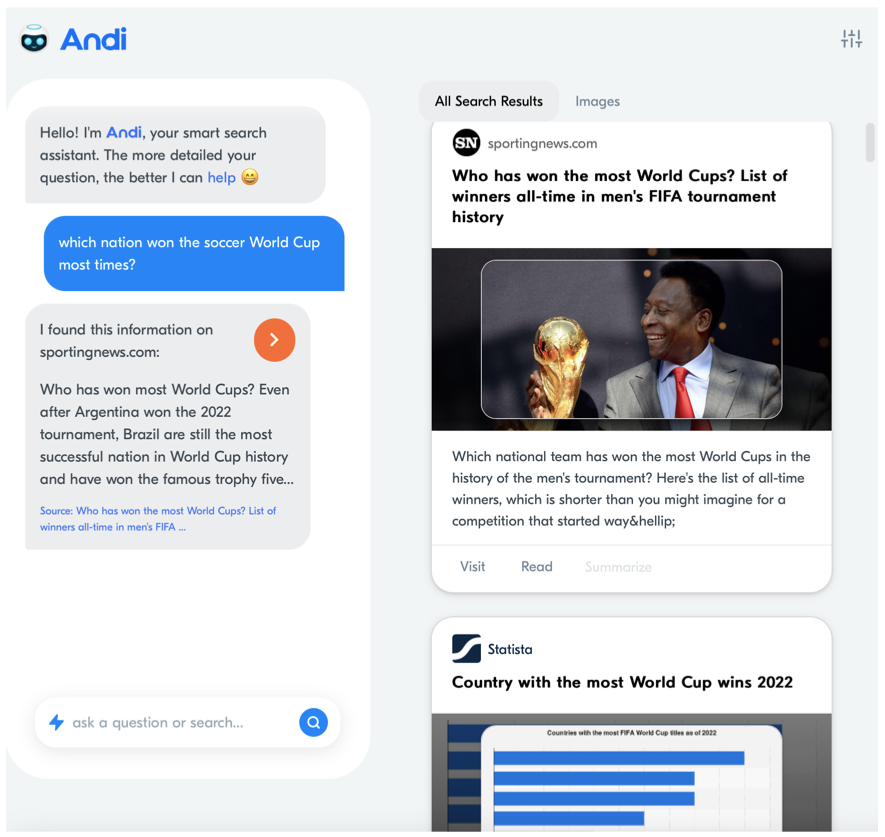Google has become indispensable in our work and personal lives. Finding products and services, checking out reviews, finding the cheapest supplier and doing professional research. Google has built a $150Bn advertising revenue business on top of that ubiquity.
The ChatGPT large language model from OpenAI burst on the scene recently, attracting over a million users in a week. It boasts a conversational interface accepting complex queries in natural language, a human language response and allows to refine our search, seek more detail or pursue other aspects easily. This style of interaction is extremely attractive - it’s a bit like having a hugely knowledgable human expert on tap to instantly understand our questions and answer in an accessible paragraph or two. It raises the question “Is this the future of search”? Fuel has been added to the fire of this debate with the investment by Microsoft of a further $10Bn in OpenAI. Remember that Microsoft has long promoted Bing in competition with Google search.
But not so fast… The results from ChatGPT are not always accurate. It is based upon a predictive model which has ingested huge amounts of data from the Internet and document sources. Because it is a mathematical model based on probability, it will favour average and mainstream opinions from its training set. It can be prompted to produce factually incorrect answers which are stated very convincingly as facts. Annoying if the recipient already knows the facts, but dangerous or misleading if the recipient does not. The model is also trained on this corpus of data at a given time, in a “batch” mode. So it may not reflect information recently published, or which has been updated since the last training cycle.
OpenAI and others wanting to promote these kinds of systems for search will have to find ways to improve accuracy and currency of the underlying models and provide caveats to users about potential bias and inaccuracy. Meanwhile, Google, which itself has significant AI systems and probably the best, biggest data sources to train them on, can easily add a conversational interface.
To date, ChatGPT has been offered for free use (to gain experience, publicise capabilities and refine the models), but this is likely to change very soon. OpenAI does not yet have in place an advertising supported model like Google and is likely to first try subscriptions. But when it is no longer free, other competitors will spring up.
One smaller but interesting player is looking to offer the best of both worlds, starting now. This is Andi (andisearch.com). Andi search lets you use GPT style prompts and provides a summary answer (much like ChatGPT), but also provides references and search results on the right to allow validation or further exploration. This is very promising! It should be an exciting time in search this year.


